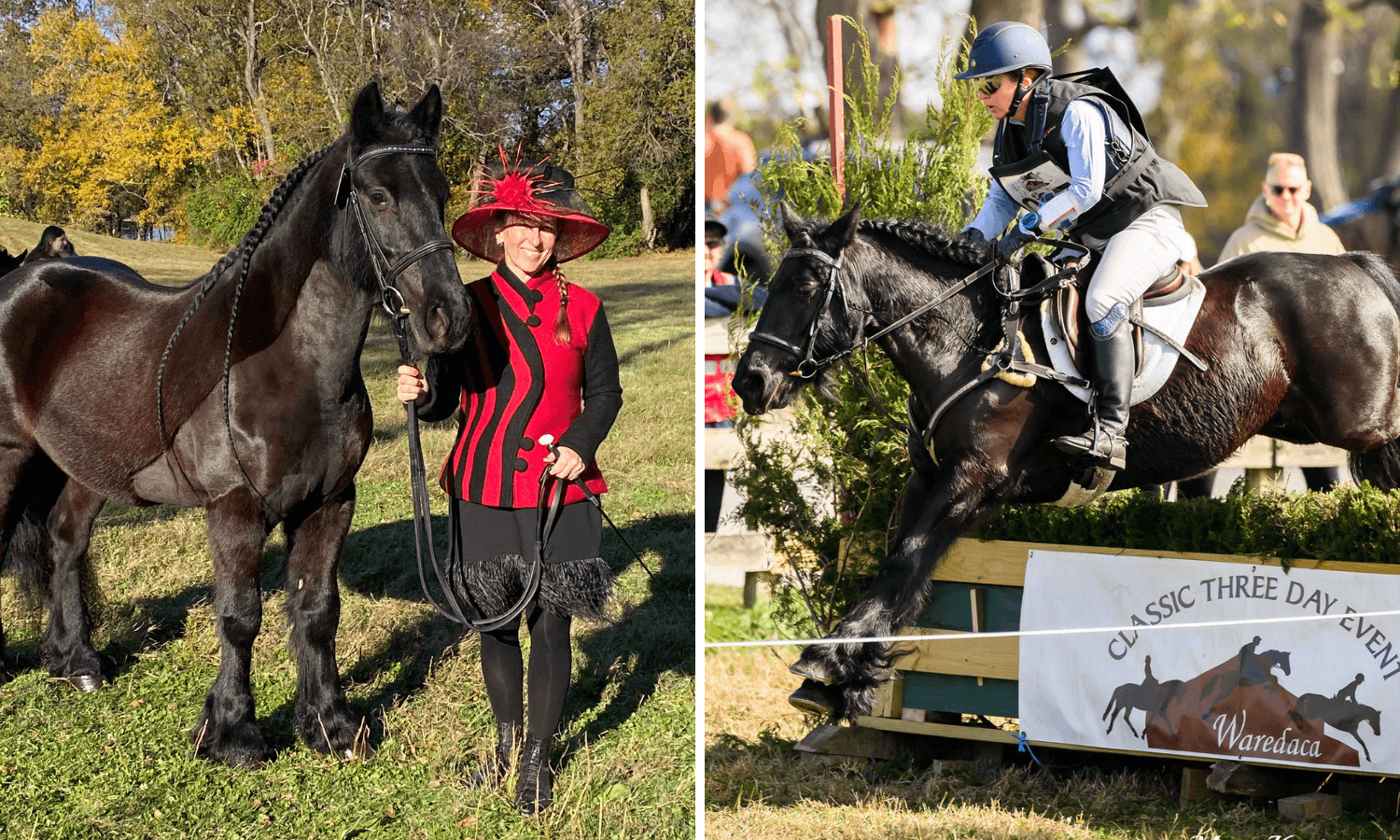FEI Publishes Return to Play Policy as Equestrian Adapts to “New Normal”

The FEI has published its Policy for Enhanced Competition Safety during the COVID-19 pandemic, aimed at assisting organizers and national federations with the safe resumption of international equestrian events in line with national and local restrictions.
The Policy will apply to all FEI events held as of July 1, 2020 and has been put in place to limit the risk of transmission and further spread of COVID-19 until an effective treatment and/or vaccine as determined by the World Health Organization (WHO) are available.
Developed by FEI Medical Committee Chair Dr. Mark Hart together with FEI Headquarters, the Policy requires national federations and organizers to carry out a Risk Assessment to evaluate whether it is safe to hold their events. The Policy includes general best practice recommendations for organizers and is to be implemented in conjunction with any requirements imposed by the domestic authorities. In addition, discipline-specific guidance will be issued shortly by the FEI.
The policy is intended to be used in conjunction with the following WHO documents: Considerations for sports federations/sports event organizers when planning mass gatherings in the context of Covid-19; Mass Gathering Sports Addendum Risk Assessment; and the Decision Tree.
It is mandatory for FEI event organizers to conduct the risk assessment together with their national federation and domestic government and public health authorities. Events for which the FEI has not received the completed risk assessment and mitigation measures plan will be removed from the FEI Calendar.
“COVID-19 has caused massive disruption to the FEI Calendar and to national events, with a huge impact on all the various participants of equestrian sports,” Dr. Mark Hart said. “We are all in this together and this pandemic will be with us for at least 12-24 months. We need to adapt to a “new normal” as we move forward.
“The FEI is committed to assisting national federations and FEI event organizers by providing resources to effectively assess the risks potentially posed by Events from the planning phase and mitigate such risks through relevant measures.
“As we anticipate the gradual return of competitions, we must do everything we can to mitigate the risk of transmission and further spread of COVID-19. This is a matter of public health, and it’s also how a sport can demonstrate to public authorities that it is ready to resume activity.”
About Fédération Equestre Internationale (FEI) www.fei.org
The FEI is the world governing body for horse sport recognized by the International Olympic Committee (IOC) and was founded in 1921. Equestrian sport has been part of the Olympic movement since the 1912 Games in Stockholm.
The FEI is the sole controlling authority for all international events in the Olympic sports of Jumping, Dressage, and Eventing, as well as Driving, Endurance, Vaulting, and Reining.
The FEI became one of the first international sports governing bodies to govern and regulate global para sport alongside its seven able-bodied disciplines when Para Dressage joined its ranks in 2006. The FEI now governs all international competitions for Para Dressage and Para Driving.















